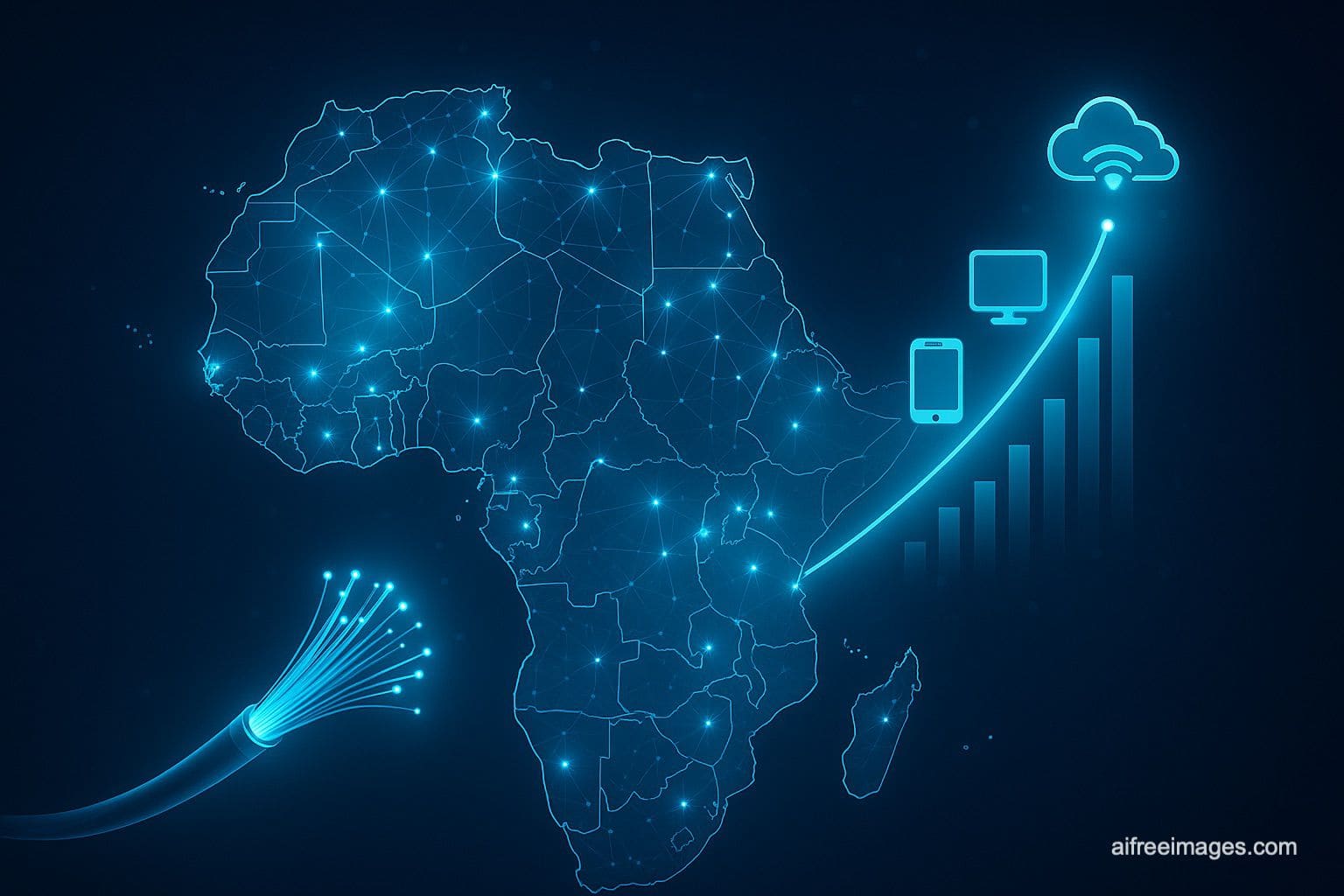Huawei emphasizes the need to accelerate connectivity and cloud access to achieve true inclusion in the AI era.
At the Connected Africa Summit 2025, held under the theme “The Digital Journey: From Vision to Reality,” leaders from across the continent agreed on a shared assessment: Africa has made significant progress in digital connectivity over the past decade, but digital transformation remains partial and uneven.
According to Adam Lane, Deputy Vice President of Huawei’s Government Affairs Department in Kenya, while 4G and 5G networks have brought high-speed internet to millions and fiber optic infrastructure is rapidly expanding—demonstrated by Kenya’s iconic Digital Highway—there is still a long way to go to ensure that access is reliable, fast, and universal.
Sectors Advancing at Different Speeds
One of the main messages from the forum was that digital transformation does not happen equally across all sectors. While the financial services industry leads the way with secure and efficient FinTech platforms, other areas like healthcare and small and medium-sized enterprises (SMEs) are beginning to take significant steps supported by accessible technologies and high-speed networks.
In Kenya’s healthcare system, Huawei collaborates with medical institutions through the deployment of secure cloud platforms, backup energy systems, and advanced data analytics tools—all aiming to improve clinical decision-making.
Cloud as a Development Backbone
Throughout the summit sessions, it became clear that cloud computing is no longer optional but a fundamental requirement for the continent’s economic development. Startups, government agencies, and the private sector are adopting cloud solutions for their scalability, agility, and cost savings, enabling them to access advanced capabilities like artificial intelligence and big data without prohibitive initial investments.
Kenya’s new cloud policy represents a key step toward broader adoption of these technologies, reinforcing the country’s commitment to inclusive digital transformation.
Collaboration and Public Policies as Catalysts
Lane highlights that collaboration is essential: “Digital transformation in Africa must be built jointly. Real innovation comes from partnerships between governments, technology providers, and local communities.” An illustrative example is Huawei’s joint work with Kakamega County to activate dark fiber, bringing connectivity to hospitals and technical centers.
Additionally, Kenya’s national plan to establish 1,450 Digital Hubs has already launched over 300, with another 200 under construction, creating a replicable model for other regions on the continent.
A Digital Future with Inclusion
The challenge now is to accelerate progress and ensure that digitalization leaves no one behind. The era of artificial intelligence has already begun, but its true potential will only materialize in Africa if solid infrastructure for connectivity, cloud computing, and digital training are established.
Huawei reaffirms its commitment to act as an active partner in this process, supporting hundreds of local allies and investing in initiatives that enable all Africans to benefit from a more inclusive and sustainable digital future.
via: Huawei and Connected Africa Summit 2025

